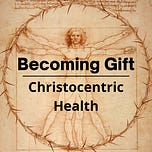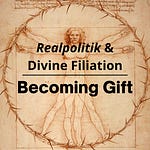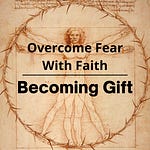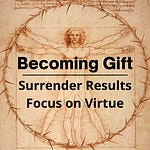This podcast proposes an approach rooted in wonder and awe when examining personal challenges. It delves into the issues of self-condemnation and other judgmental forms of self-awareness. The discussion also identifies potential issues with the idea of curiosity, which was historically considered a vice that was an excess of the virtue of studiousness. A posture of studious wonder and awe is a virtuous alternative for self-reflection that fosters an open mind to new possibilities without succumbing to self-judgment.
Key Takeaways:
Self-condemnation is counterproductive for improvement: Making oneself feel bad is generally not an effective path to self-improvement and can even worsen struggles by increasing the need for coping mechanisms.
Embrace wonder and awe for open-minded self-awareness: Instead of judgmental self-awareness, adopting an attitude of wonder and awe allows for non-judgmental introspection, keeping the mind open to discovering new solutions and understanding oneself better, allowing God to teach about one's life.
Contrition is a positive form of sorrow, unlike self-generated bad feelings: True contrition, or sorrow for sin, is an honest recognition of reality that arises in the context of simple self perception, allowing emotions like sadness to surface, rather than being a self-inflicted punishment.
Humility and reliance on grace are essential: Recognizing personal weaknesses without self-condemnation leads to a humble acknowledgment of the need for God's grace and help, rather than relying solely on willpower to overcome challenges.











Share this post